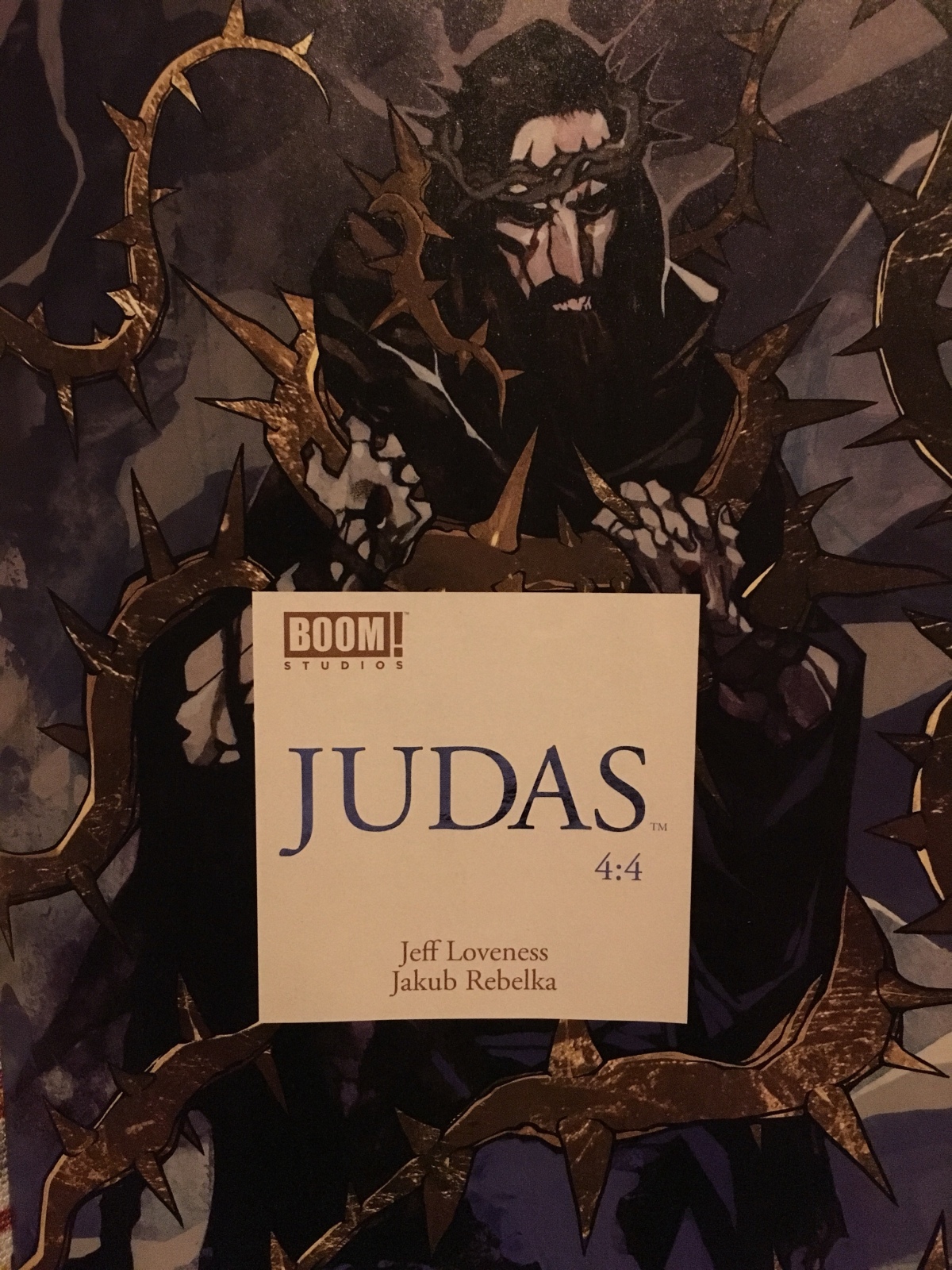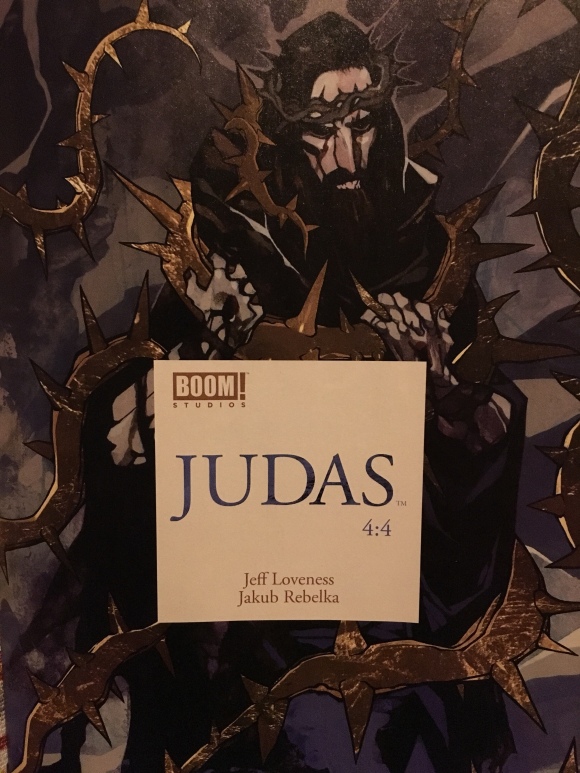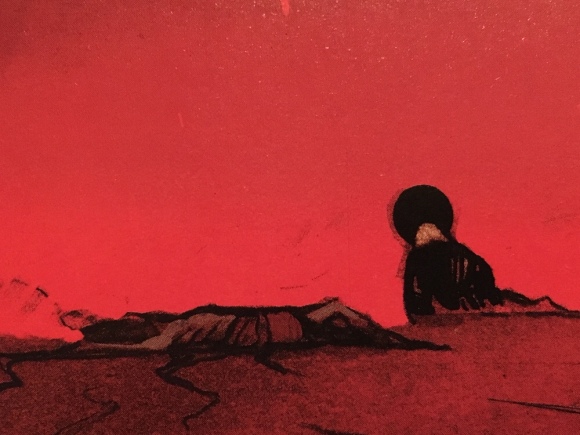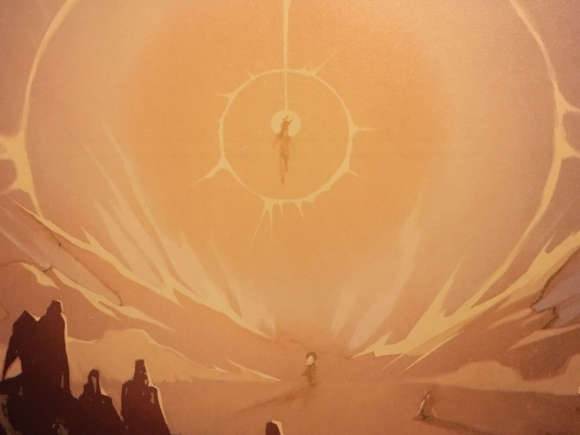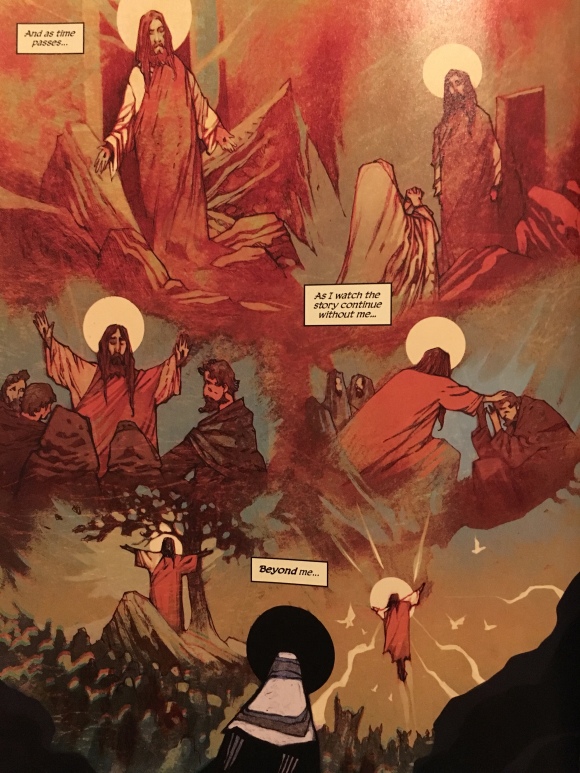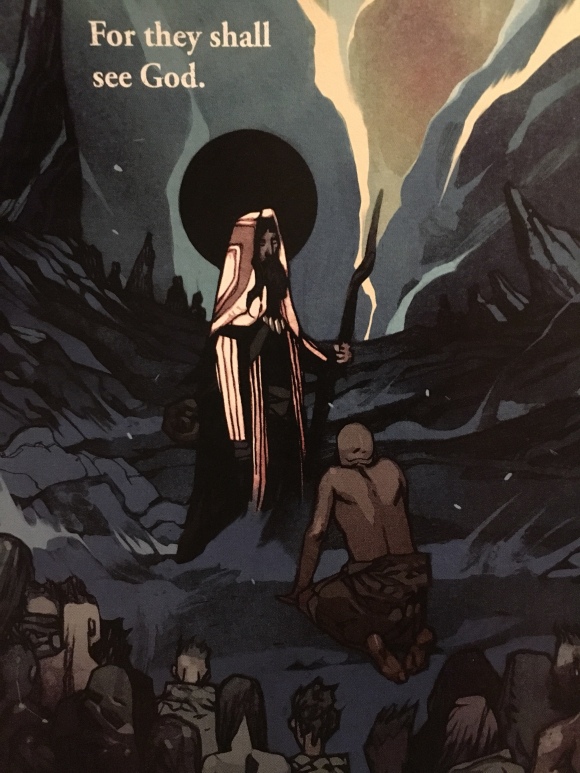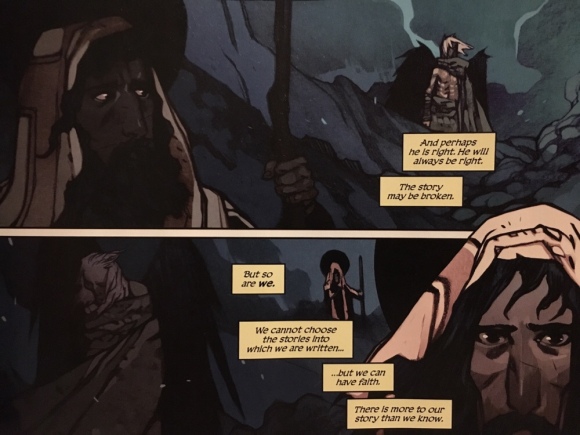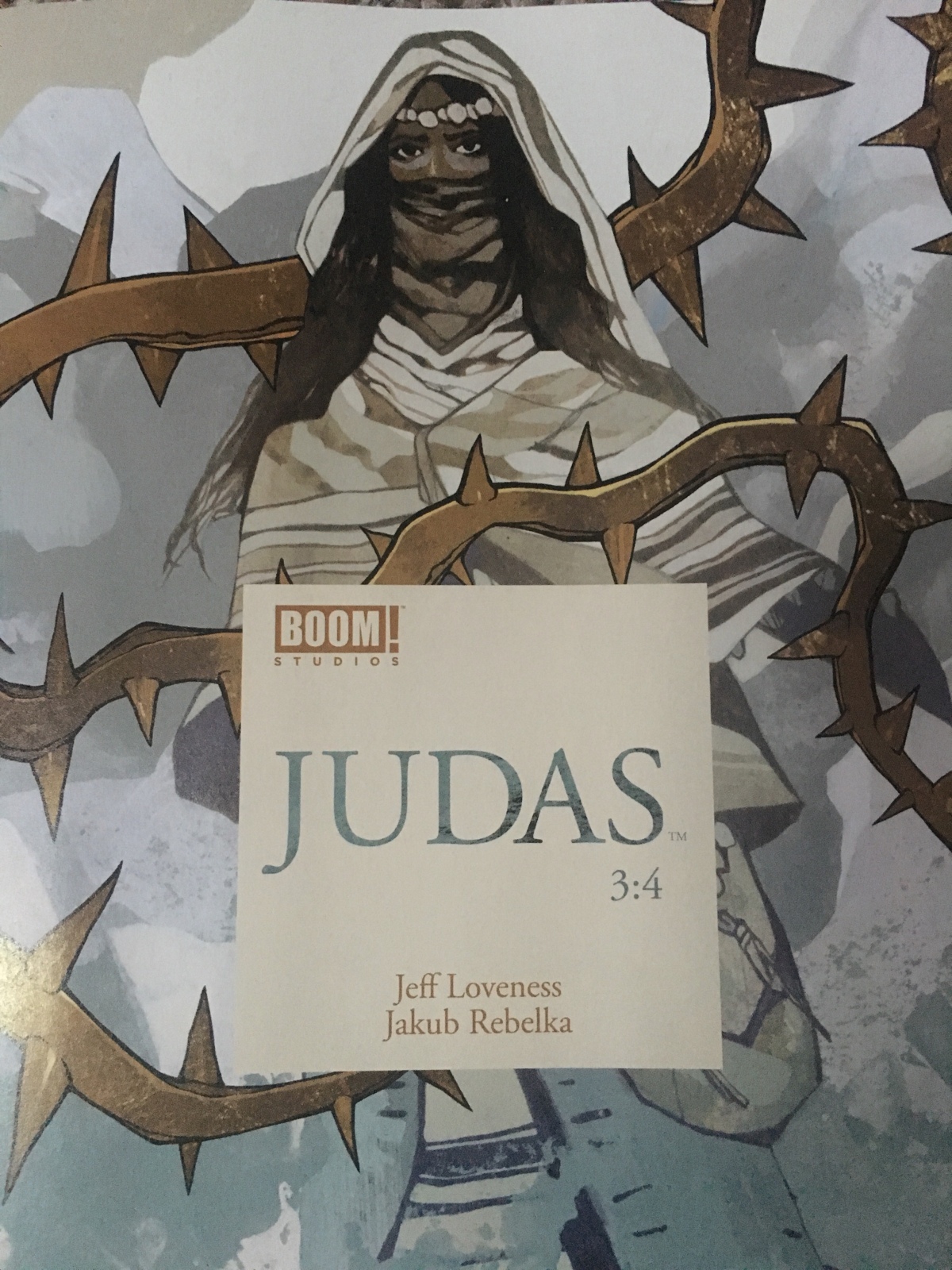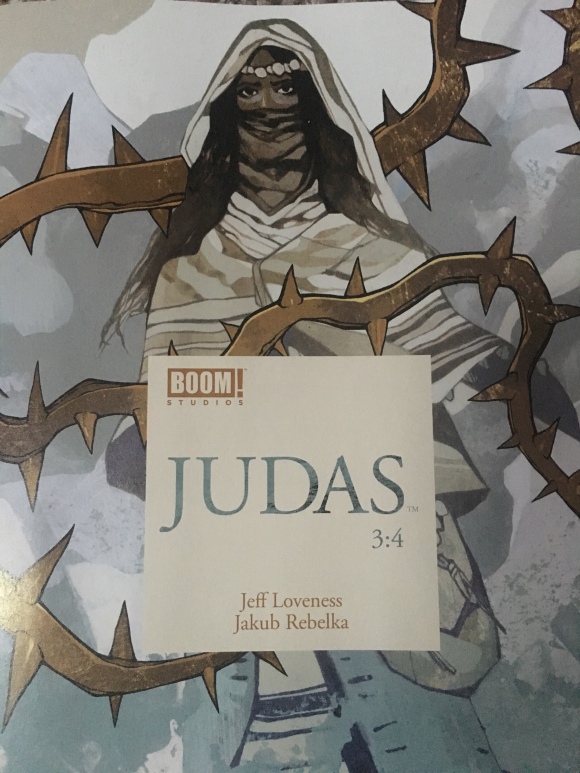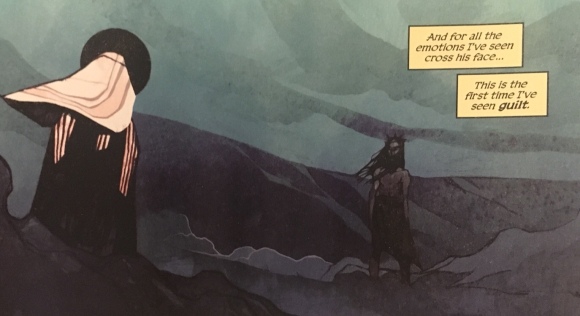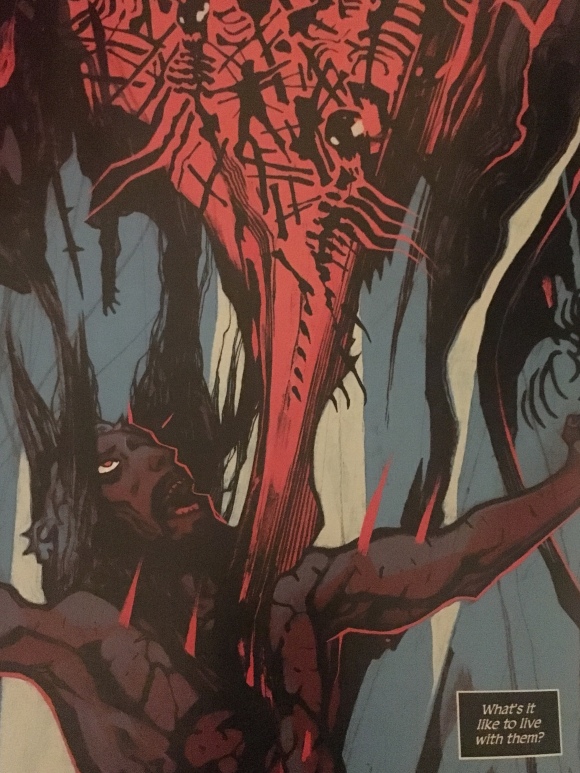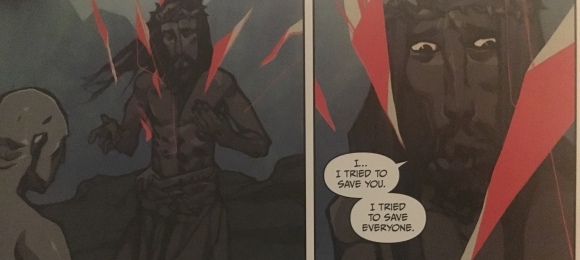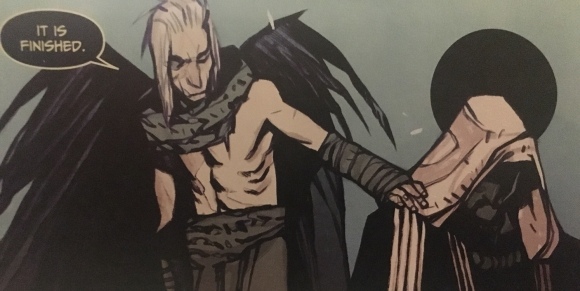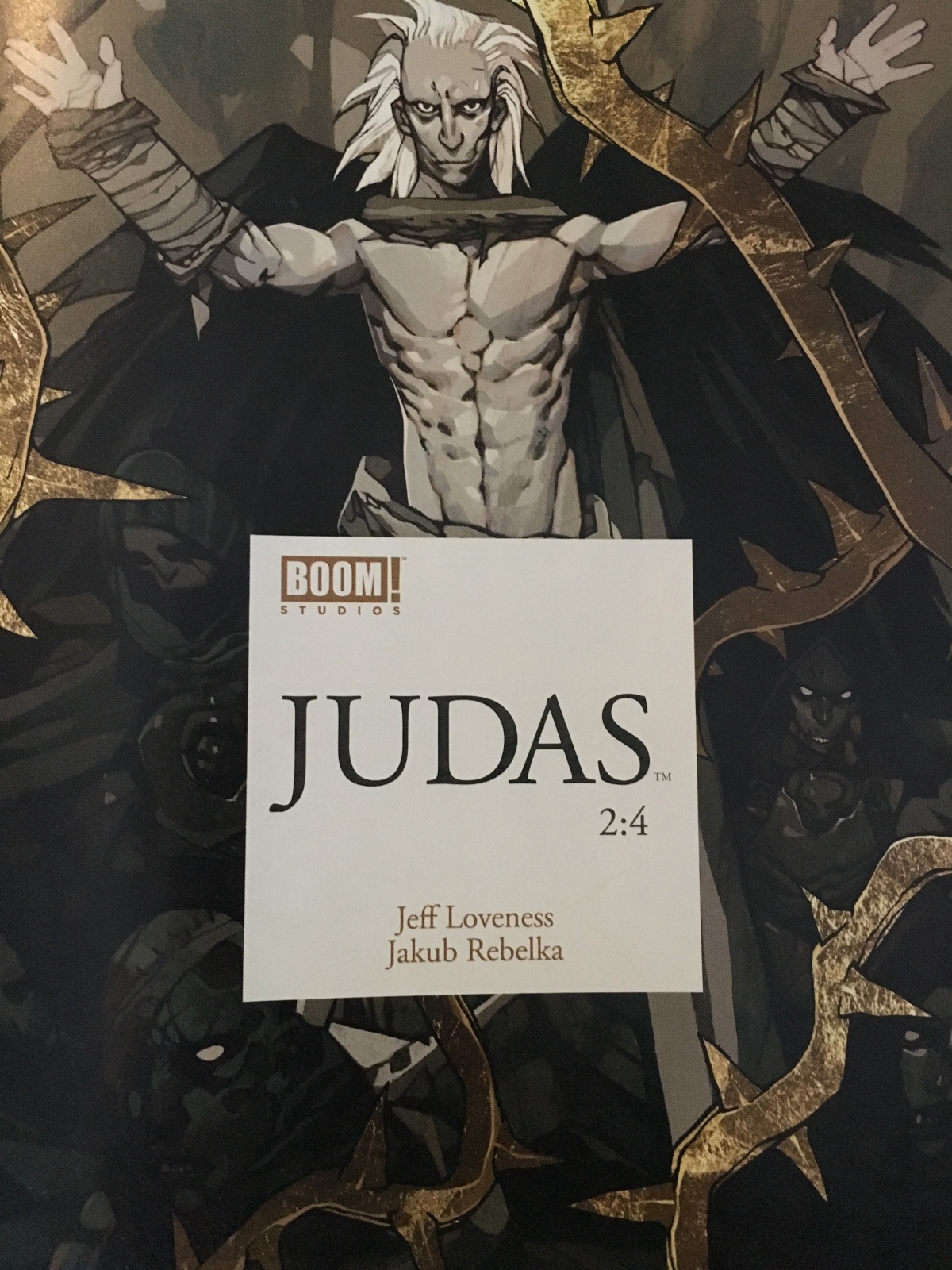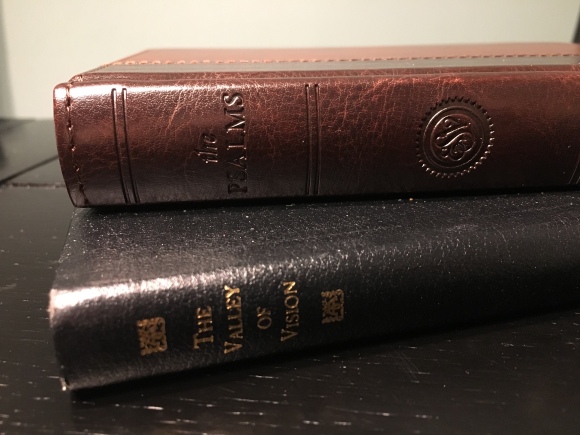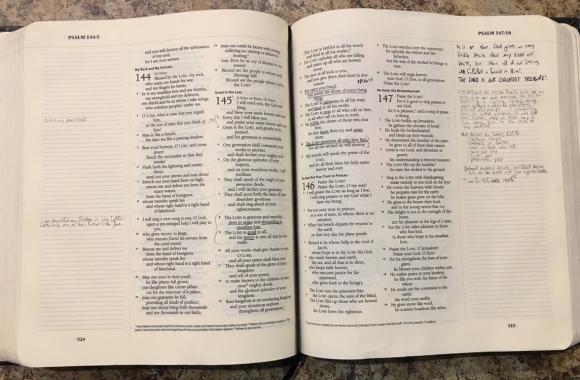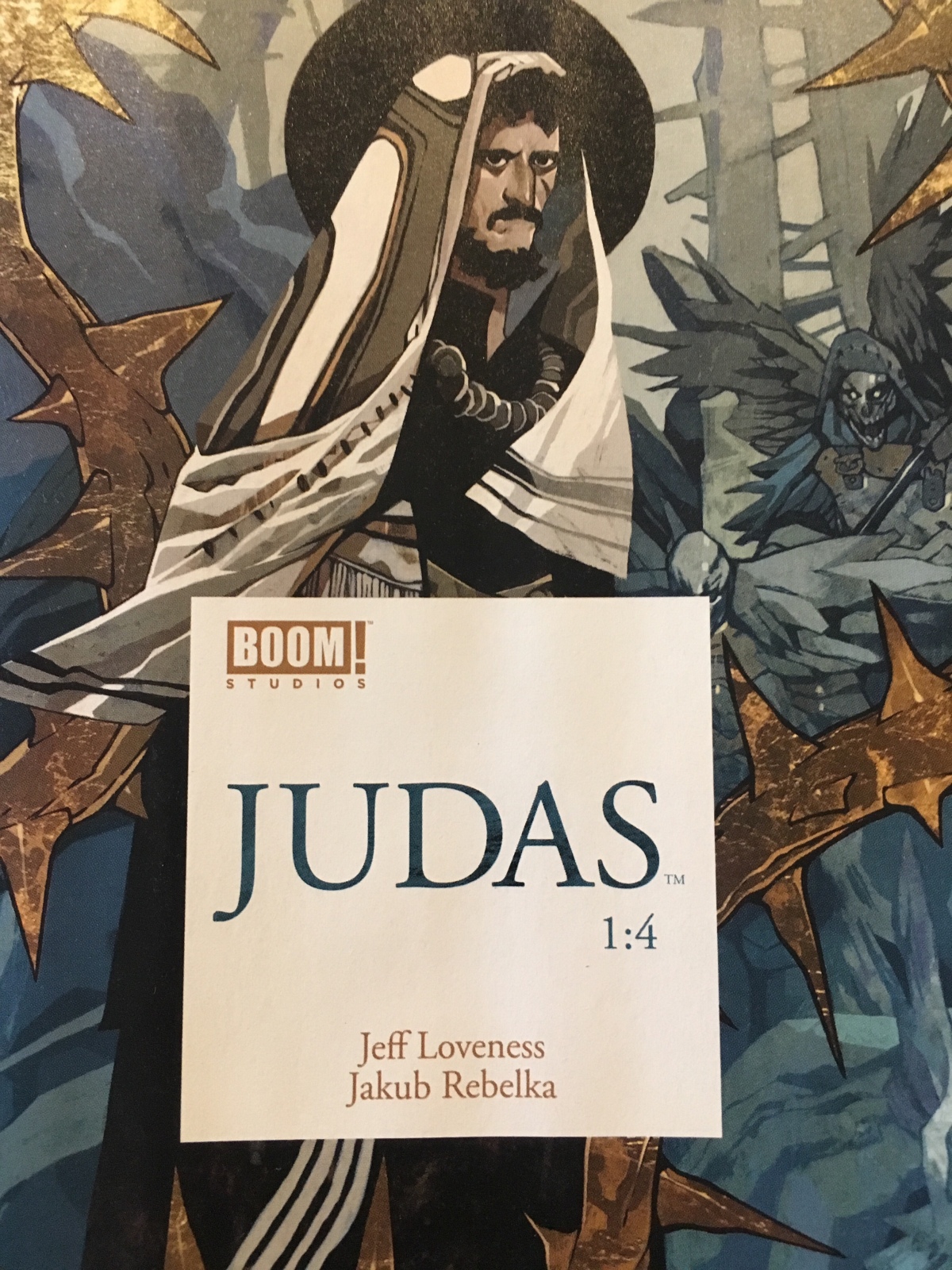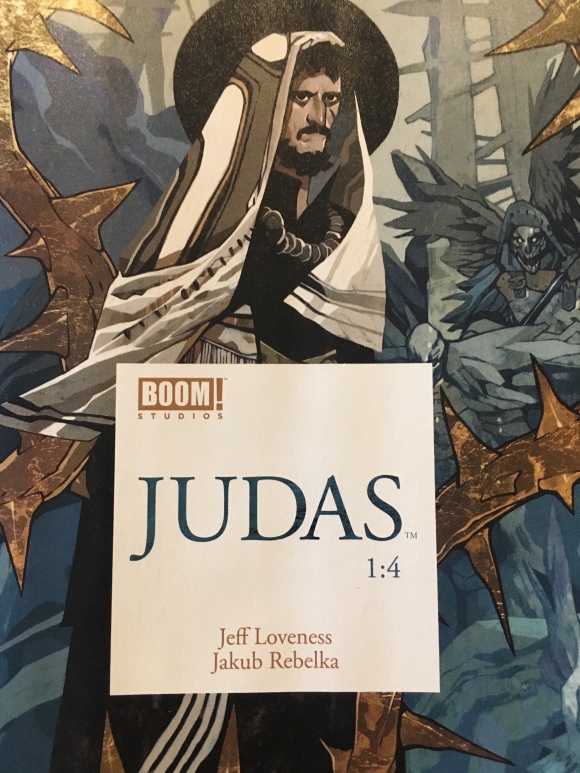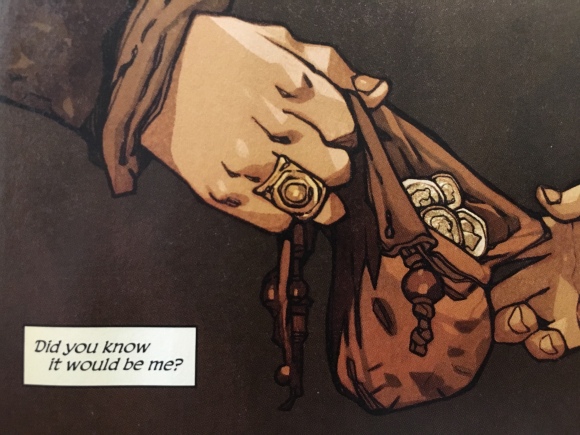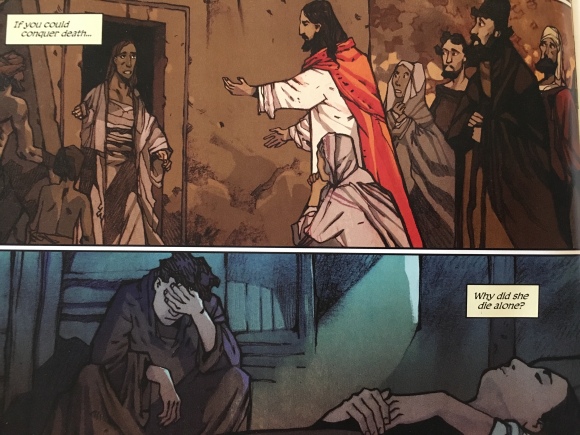
Modern movies have taken heroes and villains flying into the mainstream. Whether it was Superman in 1978, Avengers: Infinity War in 2018, or somewhere in between, superheroes are now a large part of our current entertainment culture. Every fan has their favorite characters that they connect with in some way. From the silver screens, these larger than life heroes have found their way from our kid’s pajamas and toy boxes into our own likings.
If your story is similar to mine, this led you to an interest in comic books. Comics are such an interesting medium because the combined talent of the writers and artists come together in a way that makes their stories intriguing.
Have you ever stepped into a world that you feel like you know very little about? Even if you’ve kept up with all the movies in the Marvel Cinematic Universe, knowing where to jump into comics can be daunting. What comics should I look at? Which issue do I start with? Where can I even get these comics?
From someone who didn’t even see all the movies but decided to start reading comics in late 2015, I’m here to help you with some of the steps that I took to clear the confusion on where to start your new comic book hobby.
Your Local Comic Shop
Have you been to a local comic shop? Yes, they still exist!
The first time I stepped in front of the sweeping rows of shelves lined with the week’s new releases against the backdrop of boxes and boxes of back issues, I began to feel overwhelmed. Where do I start? Not every city is going to give you this luxury, but if there is a comic shop nearby it will be a great help! Introduce yourself to one of the staff and tell them you’re just starting your hobby. Ask them what new releases are showcased this week, what they’re reading, and if they have any recommendations. Be sure to tell them if you have any characters you are particularly interested in. Mine was Batman.
If you’re on social media, remember to #SupportYourLCS. Mine is Borderlands Comics and Games in Greenville, SC.
Start Small With a Mini-Series or One Shot
Maybe you’ve entered the fray in the middle of some giant summer event like Marvel’s Civil War or Secret Empire, or a complete relaunch like DC’s Rebirth. This can really make things confusing. As story arcs can run several issues, it can be difficult to know what’s happened up to this point, and you don’t necessarily want to start in the middle. I came in at the tail end of DC’s five-year initiative called The New 52, with questions like why was Jim Gordon wearing the Batman cowl and fighting crime in Gotham, but Bruce Wayne was allegedly dead? How many Robins are there? Where I started was to look for a mini-series that caught my interest (which happened to be Batman: Arkham Knight Genesis). Unlike an ongoing series, a mini-series will typically be published in four to six issues.
If you want something even smaller than a miniseries to test different books out, you could try a One Shot or a promotional book. One Shot is an issue where the entire story is self-contained to that issue. Some publishers re-release back issues as promotions, like Marvel’s True Believers or DC’s Justice League Essentials, at the price point of $1. These are all lower commitment, so you don’t have to feel like you’re taking anything on for the long term. While you are reading your smaller story arcs, the issues will have ads for upcoming series that may be of interest to you, as well.
Ask your friends at the comic shop which new mini-series have started or will be starting. How can you know what to look forward to in the months to come?
Comic Shop News
At your local comic shop, you can pick up a free copy of Comic Shop News. This newsletter comes out every week with the latest on what events are happening, what new releases are slated for the coming month, what events are on the horizon, and even what authors and artists are taking on new projects. It’s a great way to get a handle on what might be interesting to you, and a little easier to digest than standing in front of a wall of comics for the first time.
The Pull Box
If you find a particular title (or titles) that you’d like to keep up with, a pull box basically works like a subscription service. Tell the clerk at your shop that you are interested in starting a pull box and ask for the details. It is no cost to have a box, and a store will sometimes even give you a discount (like 10% off cover price) of any books you have set aside for you. Of course, may still want to shop the rack each time you visit. New releases come out every Wednesday. The frequency of your pick up will be up to you. Will you visit once a month, or will your visit be a highlight of your week?
Events
Attending a convention like SC ComicCon or an event hosted by your local comic shop like Free Comic Book Day or Halloween Comic Fest, these can be great points of entry for a new reader. For example, on Free Comic Book Day, you can have your selection of several comics made available free of charge to you. You don’t even have to buy anything in the store! The shop owner will typically put a limit on how many you can take on the day, but it doesn’t hurt to return later in the week to see if anything is left, either.
Your Local Library
Sometimes you have to go beyond your local shop to find out what you’re interested in. One good place to start is your local library. Ask your librarian if they have a selection of graphic novels. I have found large volumes of old black and white SpiderMan from the newest DC Rebirth or Marvel Legacy titles. Checking out graphic novels and trade paperbacks (collected editions of single release comics) doesn’t replace the experience of getting your new releases from your pull box
Online Resources
Sometimes there is just so much backstory to be read, and so many heroes and villains and teams to make sense of, reading all of those back issues is just too much. When I need help to catch up on the backstory of Mister Miracle, Suicide Squad, Robin, Green Lantern, X-Men, or Guardians of the Galaxy, I start listening to the podcast Geek History Lesson. With continuing episodes going back to 2014, it’s worth looking at to see if this podcast can help clear the fog around someone you want a deeper history of.
Expand Your Horizons
Whether you are just through the front door of the comic shop or have boxes and boxes of sealed comics in your collection, a final piece of recommendation I have for you is to expand your horizons. Keep an eye out for things that look interesting to you, even if they aren’t mainstream. Big name titles with instant recognition have a lot of fanfare, but sometimes a title or series you’ve never heard of can be even better.
If you use the resources I’ve told you about in this post, you are on your way to enjoying a hobby that is a lot of fun!


 (photo used courtesy of Darrin Hamlin)
(photo used courtesy of Darrin Hamlin)










